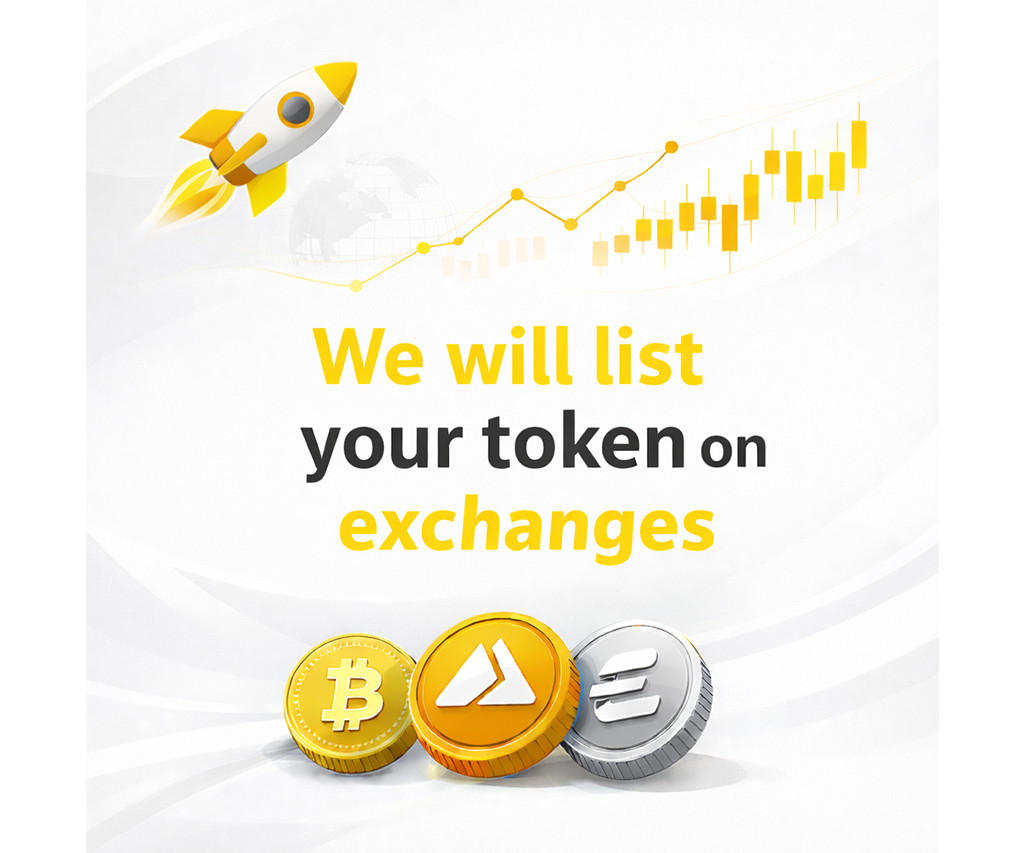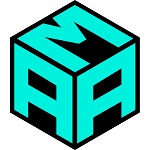 | ChainLink (LINK) |
ChainLink is blockchain middleware that allows smart contracts to access key off-chain resources like data feeds, various web APIs, and traditional bank account payments.
Important By investing in this business you agree to ourDisclaimer. All information including our rating, is provided merely for informational purposes. CryptoTotem does not provide investment advice.
What is ChainLink
Smart contracts are poised to revolutionize many industries by replacing the need for both traditional legal agreements and centrally automated digital agreements. Both performance verification and execution rely on manual actions from one of the contracting parties, or an automated system that programmatically retrieves and updates relevant changes. Unfortunately, because of their underlying consensus protocols, the blockchains on which smart contracts run cannot support native communication with external systems.
Today, the solution to this problem is to introduce a new functionality, called an oracle, that provides connectivity to the outside world. Existing oracles are centralized services. Any smart contract using such services has a single point of failure, making it no more secure than a traditional, centrally run digital agreement.
We present ChainLink, a decentralized oracle network. We describe the on-chain components that ChainLink provides for contracts to gain external connectivity, and the software powering the nodes of the network. We present both a simple on-chain contract data aggregation system, and a more efficient off-chain consensus mechanism. We also describe supporting reputation and security monitoring services for ChainLink that help users make informed provider selections and achieve robust service even under aggressively adversarial conditions. Finally, we characterize the properties of an ideal oracle as guidance for our security strategy, and lay out possible future improvements, including richly featured oracle programming, data-source infrastructure modifications, and confidential smart-contract execution.
Smart contracts are applications that execute on decentralized infrastructure, such as a blockchain. They are tamperproof, in the sense that no party (even their creator) can alter their code or interfere with their execution. Historically, contracts embodied in code have run in a centralized manner that leaves them subject to alteration, termination, and even deletion by a privileged party. In contrast, smart contracts’ execution guarantees, which bind all parties to an agreement as written, create a new and powerful type of trust relationship that does not rely on trust in any one party. Because they are self-verifying and self-executing (i.e., tamperproof as explained above), smart contracts thus offer a superior vehicle for realizing and administering digital agreements.
The powerful new trust model that smart contracts embody, though, introduces a new technical challenge: connectivity. The vast majority of interesting[27]1 smart contract applications rely on data about the real world that comes from key resources, specifically data feeds and APIs, that are external to the blockchain. Because of the mechanics of the consensus mechanisms underpinning blockchains, a blockchain cannot directly fetch such critical data.
We propose a solution to the smart contract connectivity problem in the form of ChainLink, a secure oracle network. What differentiates ChainLink from other oracle solutions is its ability to operate as a fully decentralized network. This decentralized approach limits the trust in any single party, enabling the tamperproof quality valued in smart contracts to be extended to the end-to-end operation between smart contracts and the APIs they rely on. Making smart contracts externally aware, meaning capable of interacting with off-chain resources, is necessary if they are going to replace the digital agreements in use today.
Today, the lion’s share of traditional contractual agreements that have been digitally automated use external data to prove contractual performance, and require data outputs to be pushed to external systems. When smart contracts replace these older contractual mechanisms, they will require high-assurance versions of the same types of data inputs and outputs. Examples of potential next-generation smart contracts and their data requirements include:
Another problem common to these examples is the inability for smart contracts to output data into off-chain systems. Such output often takes the form of a payment message routed to traditional centralized infrastructure in which users already have accounts, e.g., for bank payments, PayPal, and other payment networks. ChainLink’s ability to securely push data to APIs and various legacy systems on behalf of a smart contract permits the creation of externally-aware tamperproof contracts.
Token Allocation
Funding Details
Token Price and Payment Options
Project team











Advisors












